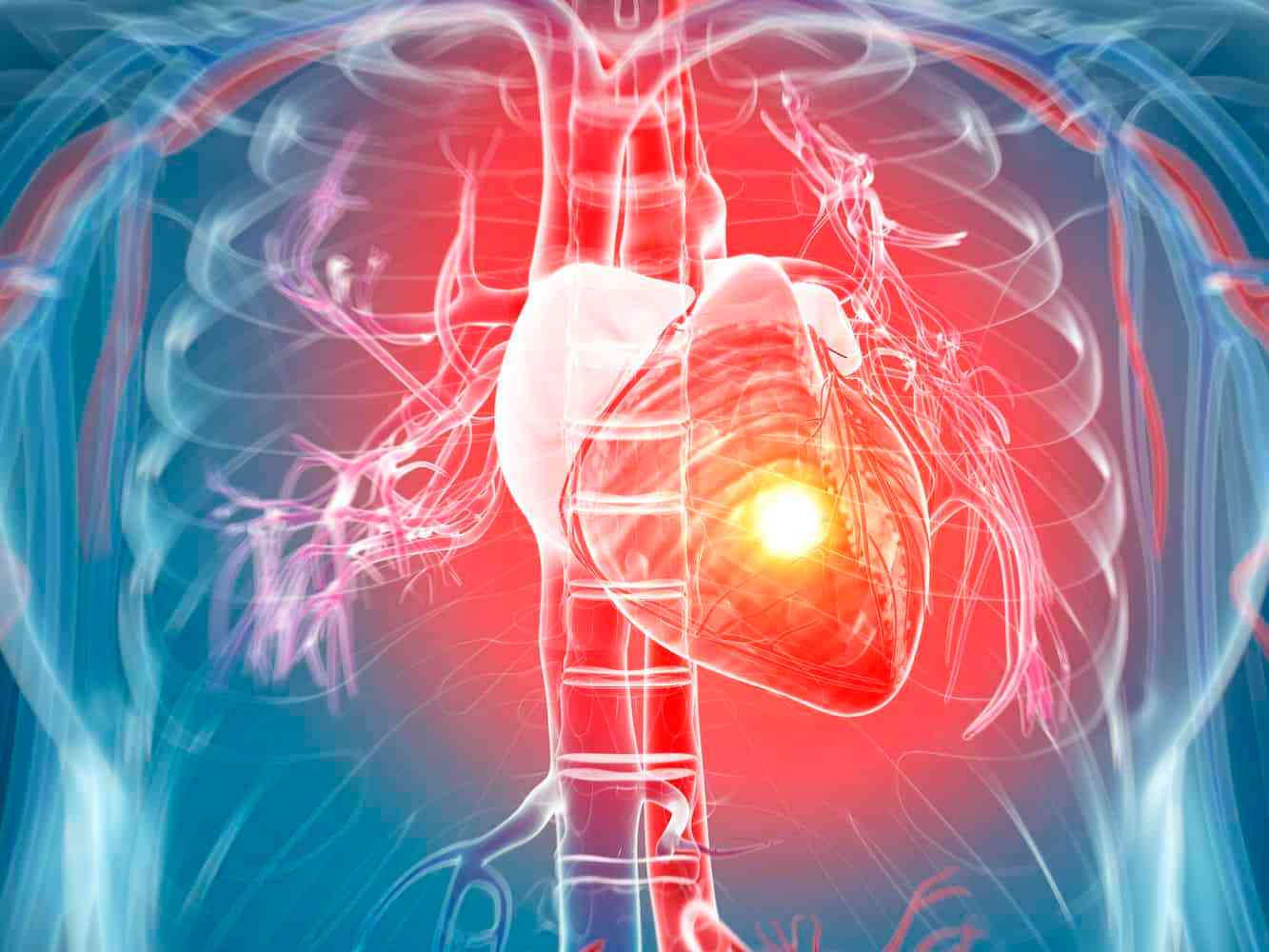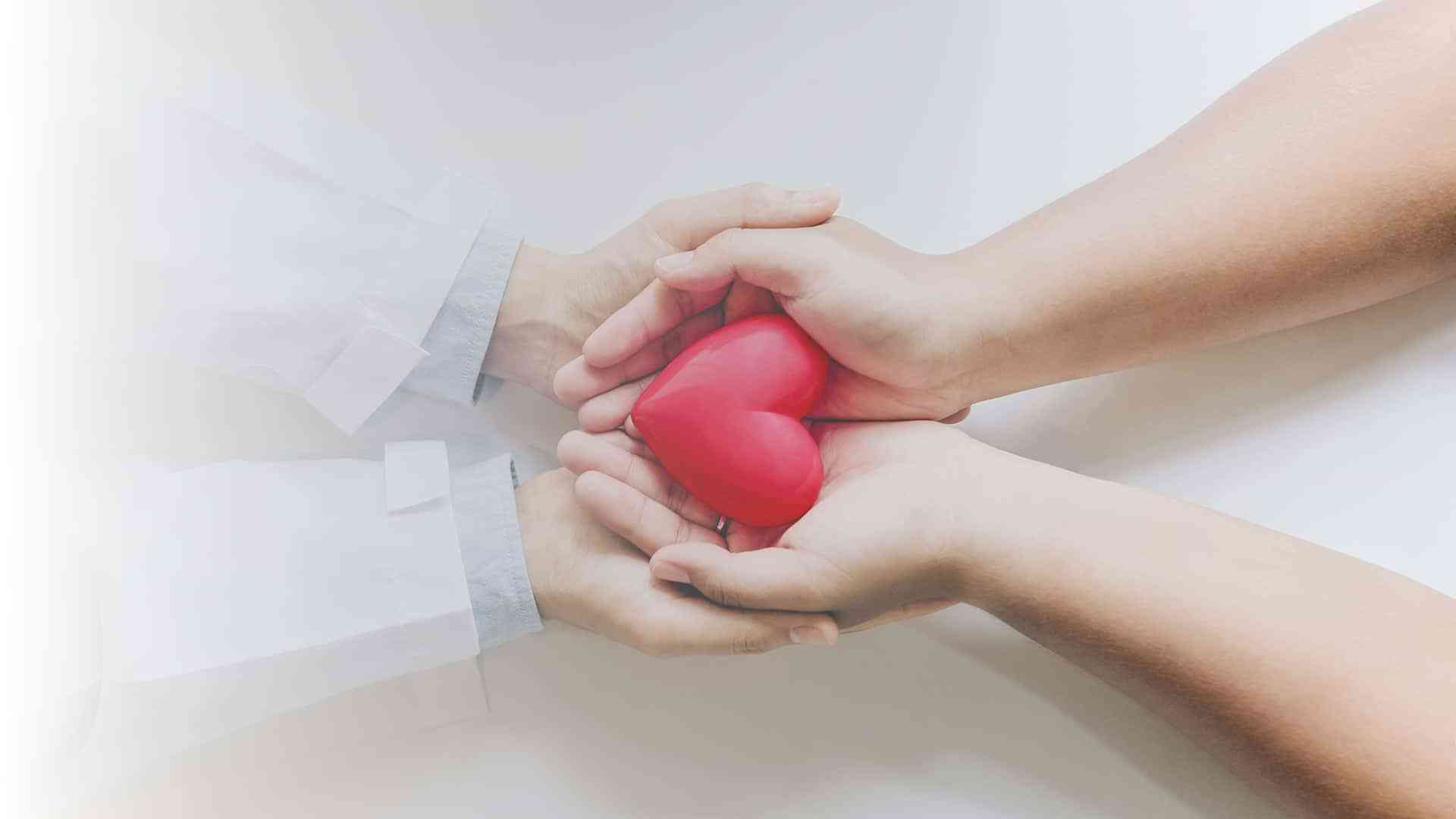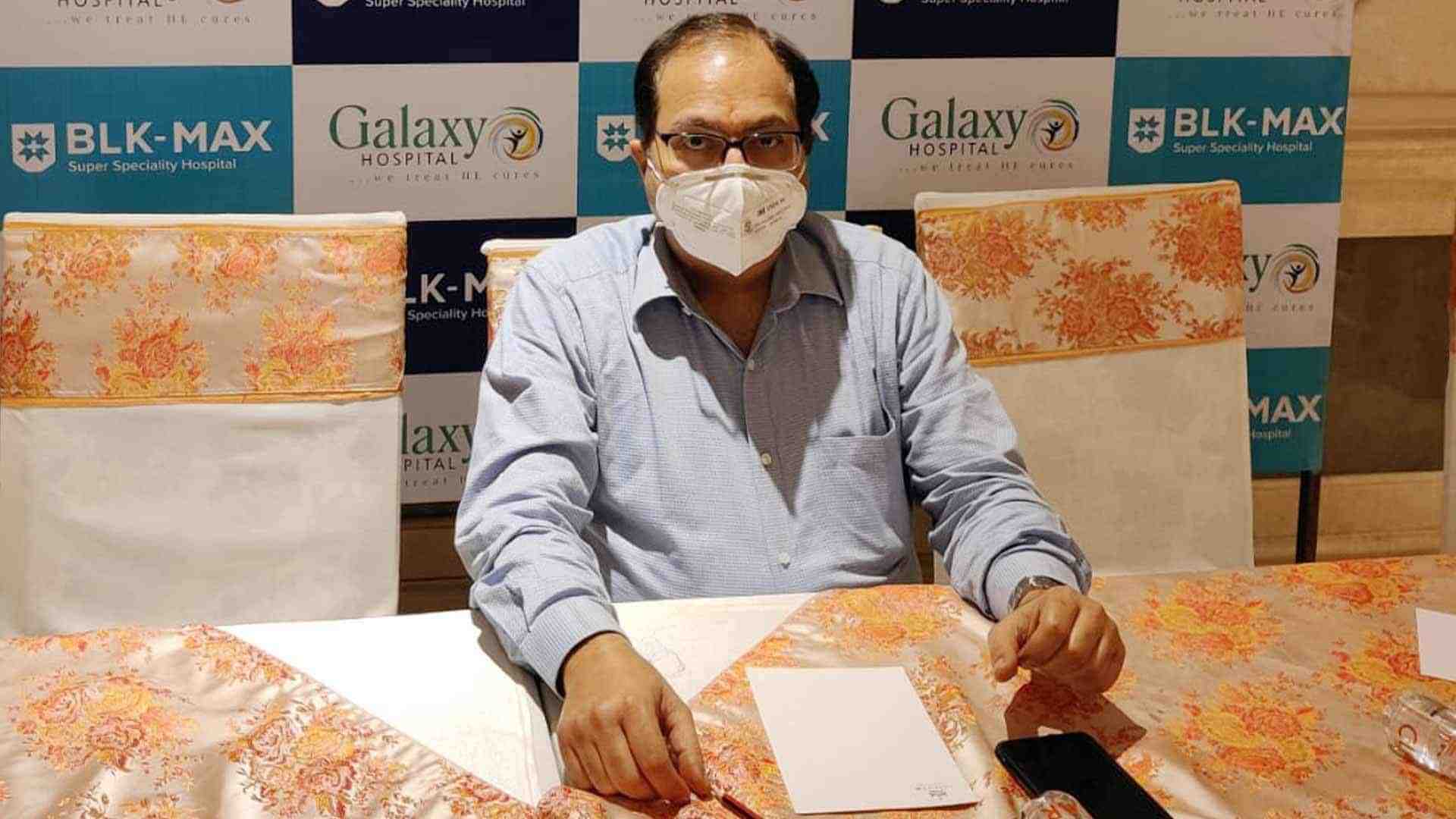The terms Heart Attack, Cardiac Arrest, and Stroke are often used interchangeably but they are not the same. They are three different problems with different causes and treatments. Heart attack and cardiac arrest are involved with the heart, while stroke is involved with the brain. When blood flow to the part of heart muscle stops due to complete blockage in the artery which supplies blood to that part of heart muscle, the muscle dies and this is called heart attack. Cardiac arrest happens when the heart suddenly stops beating. When the blood supply to the brain is interrupted stroke occurs.
Heart Attack
A blocked artery can prevent blood from reaching the heart. This can be due to the build-up of plaque in the arteries and causes a heart attack. The blocked artery must be reopened quickly to avoid permanent damage to the heart.
The heart attack symptoms may be immediate or may also start slowly and persist for a few days or weeks before the attack. The symptoms of the heart attack can be different in both men and women. The common heart attack symptoms in men include:
- Uncomfortable pressure, squeezing, or pain in the centre of the chest
- Discomfort in the arms, neck, jaw, back, or stomach.
- Shortness of breath with discomfort in the chest
- Cold sweat, nausea, or light headedness
In women, chest pain or discomfort is the most common symptom of a heart attack. Other symptoms include shortness of breath, back or jaw pain, nausea, and vomiting.
Cardiac Arrest
Cardiac arrest is the abrupt loss of functioning of the heart. Unlike heart attack which is a circulation problem, cardiac arrest results from a problem with the heart’s electrical system which disrupts the heart’s pumping action and stops blood flow. A heart attack is a common cause of cardiac arrest, though most heart attacks do not lead to cardiac arrest.
Sudden cardiac arrest often occurs with no warning and can lead to sudden collapse, loss of consciousness, no breathing, and no pulse. Sometimes there are symptoms observed in advance such as shortness of breath, chest discomfort, palpitations, etc.
Cardiac arrest stops the heart from beating and causes the stoppage of blood and oxygen to the brain, lungs, and other organs. If not treated immediately, cardiac arrest can lead to brain damage and also death within a few minutes. However, according to leading cardiac surgeon Dr. Ramji Mehrotra, chances of survival can be as high as 90 percent if treatment is initiated immediately with CPR and a shock with a defibrillator to jump-start the heart after sudden cardiac arrest.
Stroke
Strokes also deals with blood flow, but are not in the heart. A stroke occurs when blood supply to the brain is reduced, thereby blocking oxygen and nutrients. The two major types of strokes are Ischemic and Haemorrhagic. When a vessel supplying blood to the brain is obstructed or clots, ischemic stroke occurs. Almost 90 percent of all strokes are ischemic strokes. Haemorrhagic stroke is caused when a weakened blood vessel or small aneurysm in brain vessel ruptures and bleeds. Uncontrolled high BP is the most common cause of haemorrhagic stroke.
Symptoms of a stroke include severe headache, sudden numbness or weakness; paralysis, difficulty with speech, loss of balance, unconsciousness etc. Risk factors that can cause stroke include smoking, high BP, high blood cholesterol, obesity, and type 2 diabetes.
Almost 75 percent of all strokes occur in people over the age of 65.
Conclusion
Dr Ramji Mehrotra says that heart attack, cardiac arrest, and stroke are all life-threatening emergencies. He is of the opinion that their risk can be minimized by getting regular check-ups, being screened for cardiovascular disease, and taking the prescribed medications and regular follow up with the doctor.. Dr. Mehrotra also highlights the importance of adopting a healthy lifestyle by quitting smoking and tobacco in any form, avoiding alcohol, exercising regularly, having a low-fat diet, keeping weight under control, managing diabetes, hypertension and other health conditions.



